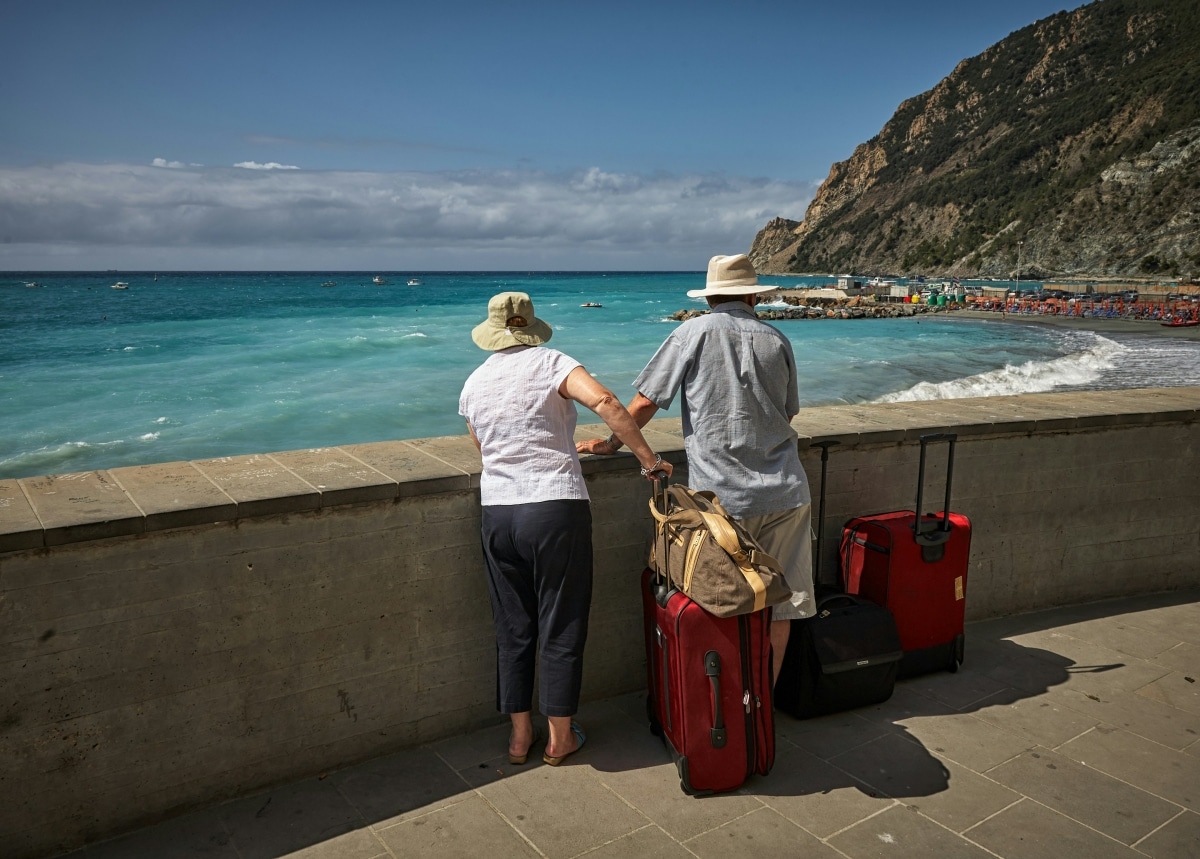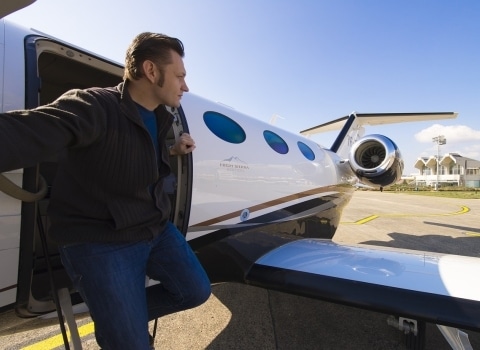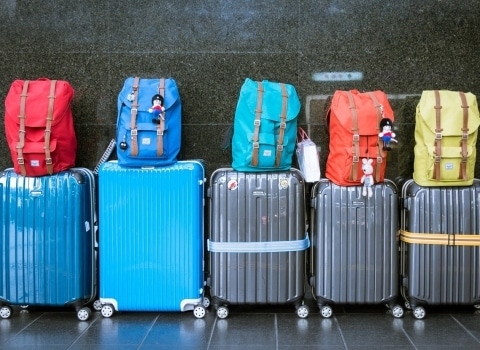
Diabetes and travel habits
Diabetes is considered a silent disease because its primary indicator – your blood sugar level – cannot be seen or felt. Prediabetes occurs when cells gradually become less able to respond to insulin, leading to a buildup of blood glucose. Over time, this may result in type 2 diabetes and the health complications that come with it. For some, an early symptôme diabète léger may manifest in chronic thirst and subsequent urination, fatigue, dizziness, and painful tingling in the hands and feet. Recognising these subtle symptoms may encourage one to make necessary lifestyle changes before the symptoms worsen or seek medical attention for a blood test to determine diabetes definitively. Diabetes can complicate travel in terms of maintaining a consistent diet; increased physical activity levels may also trigger blood sugar imbalances, making early diagnosis and management crucial.
If you are diagnosed with type 2 diabetes, some careful steps need to be taken during your future travels. Here are a few tips:
How frequent travellers can manage diabetes
Diet
According to Euromonitor International, France ranked the third-highest in Europe in fast food sales, totalling €19 billion. However, while it can be challenging to source and prepare healthy food, it’s essential to break free from the convenience of ordering food online, said nutritionist Patrick Sérog. Going on holiday means trying dishes that may not be available in one’s home country, so according to the nutritionist, indulging for a few days should not be demonised. However, such holiday habits can be counterbalanced at home by eating vegetables, lean meats, aromatic herbs, and low-sugar fruits. Avocado, citrus fruits, and pomegranate may have specific benefits for diabetics, such as lowering blood pressure or managing post-meal blood glucose levels. If indulging in red meat or simple carbohydrates, modify your dish by air-frying instead of deep-frying and opting for water instead of sugary drinks.Exercice
An Ordnance Survey study discovered that while most adults only reach their recommended 10,000 daily steps a few times a week, almost two-thirds of respondents have visited a destination purely for a walk. At the same time, 19% have specifically done a walking holiday. Walking can become more appealing while on vacation due to the unique sights. Thus, diabetes patients can integrate light physical activity into their itinerary by walking to nearby destinations. That said, overly intense physical activity, which can happen on some excursions, could cause blood sugar to drop too quickly. In severe cases, this could result in weakness or loss of consciousness. Thus, as we mentioned in our previous post about travel precautions, always advise your hotel’s front desk or travel companions if you are leaving, what your route is, and when you are planning to come back.Travel tips
If you have diabetes, you likely need to carry insulin and other medications at all times, regardless of whether you’re on holiday or not. It’s vital to ensure you have enough, preferably extra, for the duration of the trip. According to Ancileo, only 50% of French international travellers purchase insurance. For those with diabetes, however, insurance coverage can be life-saving for medical emergencies abroad, so securing this may be wise. Check that you have the contact number and address of the hospital or health facility nearest your accommodation. Finally, do your best to establish a sense of routine while away. Changes in routine can be all too common while travelling, which can again spike blood sugar levels. You can mitigate the effects of travel-related stress by sticking to a pre-planned itinerary and having contingencies in case of unexpected delays.
Travelling as a person with diabetes can be complex, but it’s not impossible. You can still enjoy your holiday and even indulge in food and fun if you keep the above tips in mind.








One Response
Thanks so much for covering this topic. Diabetes is a daily battle for millions and I definitely understand. I really appreciate your travel tips!